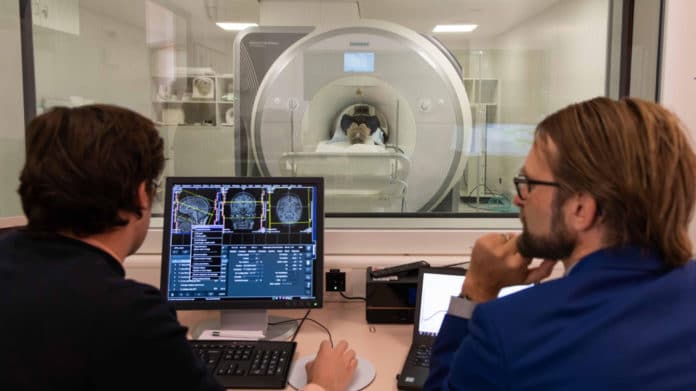Source – https://www.techexplorist.com/
A stroke occurs when the blood supply to the brain is obstructed. Sometimes a stroke can cause long-term disability. And the path to stroke recovery is long and arduous.
The stroke rehab effect is poor, and the patient’s willingness to train is likewise low. As stroke affects different brain systems, patients who have undergone stroke rehabilitation show a “heterogeneity in the outcome,” a medical term that suggests stroke recovery treatment can be very different between individual stroke victims.
Maximizing individual stroke recovery treatment requires finding the optimal neuro-rehabilitative strategy.
Dr. Philipp J. Koch, the study’s first author, said, “If we want to address these challenges in everyday clinical practice, we have first to enhance our ability to predict the individual courses of recovery.”
In a new study, an international team of scientists led by EPFL has developed a system that combines information from the brain’s connectome and machine learning to assess and predict the outcome of stroke victims.
For neuroscientists, connectomes act as an indispensable tool, especially when interpreting structural or dynamic brain data and associating them with functions, functional deficits, or recovery processes.
For the study, scientists analyzed connectomes from 92 patients two weeks after the stroke. They tracked changes in connectome up to three months later while assessing motor impairment with a standardized scale. This allowed them to monitor connection changes in the individual brains of the patients while they underwent recovery.
The scientists input the connectome information into a “support-vector machine,” or SVM, a type of machine-learning model that uses examples to map an input onto an output.
The SVM was trained to distinguish between patients with natural recovery from those without their whole-brain structural connectomes. The SVMs then characterized every patient’s basic brain network pattern, focusing on the individuals who were seriously debilitated to make predictions about their recovery potential, with the accuracy of each prediction cross-validated internally and externally with independent datasets.
A result is a cutting-edge tool of personalized medicine: a machine-learning system that can identify neuronal network patterns to make high-accuracy predictions on the outcome of recovery for stroke patients.
Professor Friedhelm Hummel, a neuroscientist and Director of the Defitech Chair for Clinical Neuroengineering at EPFL’s School of Life Sciences, said, “This tool can support the prediction of individual courses of recovery early on and will have an important impact on clinical management, translational research, and treatment choice.”
